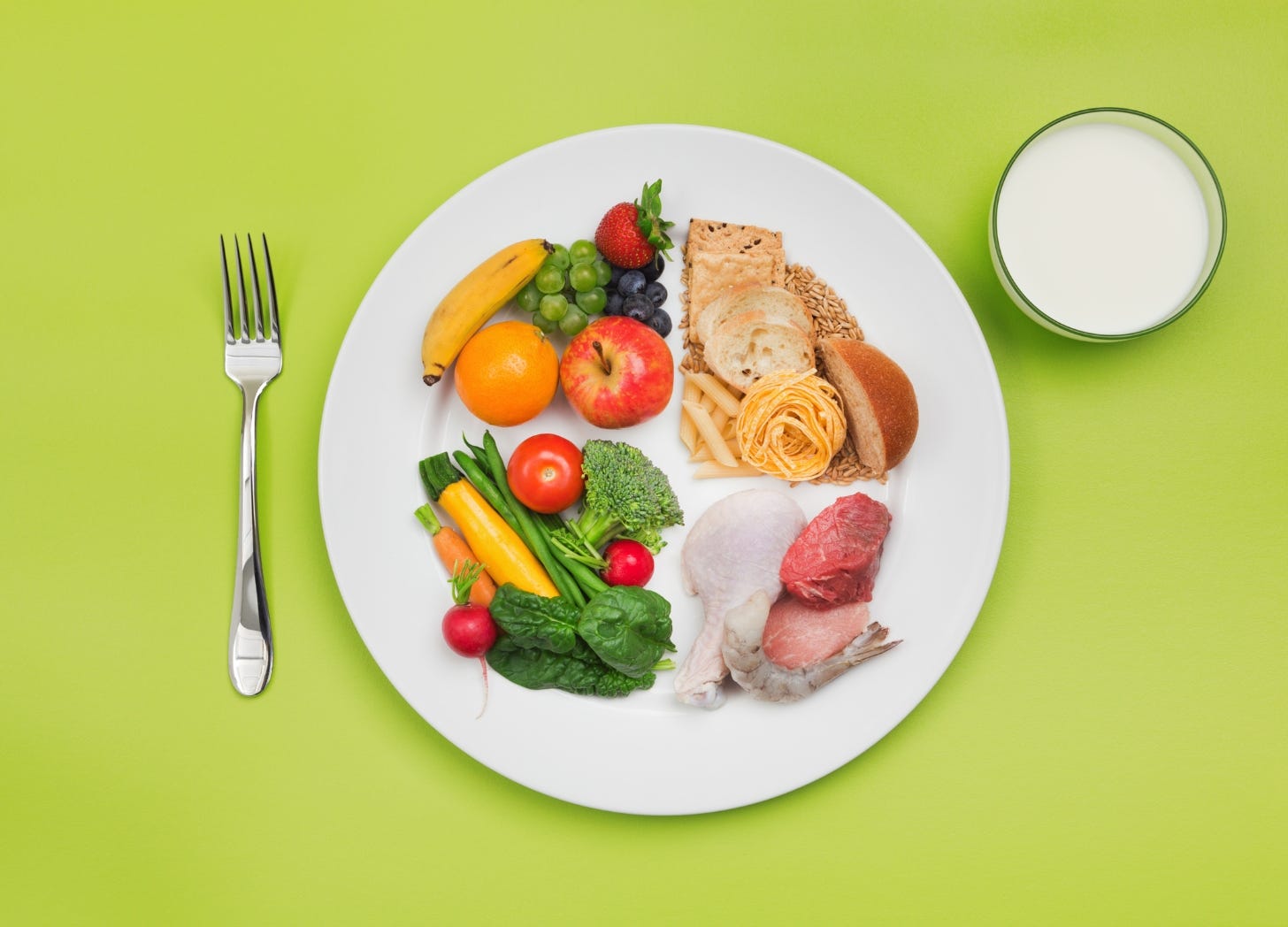💉 Cough syrups go viral in India; Diet makes people fat in India; Mosquitoes plan a grand time in India
#578 | Nigeria to make some insulin; Vaccines work, broader vaccines work more broadly; Eat before you die
Hello, and welcome back to The Kable. We have a fairly light issue for you this week.
Beginning with some great news from Africa where Ethiopia’s Food and Drug Authority (EFDA) has achieved WHO Maturity Level 3 (ML3) for its medicines regulatory system. The news is especially better coming as it does among a week where Africa is continuing to deal with multiple disease outbreaks across the continent.
Jumping continents to India, where the news isn’t particularly great, especially if you love yourself some Indian food. A new study commissioned by the Indian Council of Medical Research-India Diabetes (ICMR-INDIAB), and published in Nature Medicine, concludes that high consumption of refined carbs like wheat and white rice and saturated fat are directly responsible for a a dramatic rise in diabetes and obesity across the country.
And if that wasn’t bad enough, another new study we came across this week says India is most likely to bear the greatest brunt of the chikungunya burden in the future. The study model predicted 14.4 million people at risk from chikungunya globally each year, 5.1 million of those people in India.
As somebody who stays in India, the above two snippets are making this editor sad and making me reach for my packet of chips and assorted fried Indian snacks. But alas, another study says junk food can scramble one’s memory in just four days. Better type fast.
Stories Of The Week
Nigeria joins the insulin race. Nigeria’s National Biotechnology Research and Development Agency (NBRDA) has signed an MOU with Shanghai Haiqi Industrial Company Limited to build Africa’s first local insulin production facility – or at least that’s the plan. The Chinese Ambassador to Nigeria, Yu Dunhai, announced the deal at a reception marking the 76th anniversary of the People’s Republic of China, positioning Nigeria as a potential hub for African medical biotechnology. The China-backed venture aims to end Nigeria’s reliance on imported insulin and transform blood glucose management across the continent, though we’ll believe it when we see the vials hitting the market. The planned move couldn’t come soon enough though – diabetes is projected to hit 60 million Africans by 2050, up from 2.5 million in 2000. The China-backed Nigerian facility, if/when it comes to fruition, could finally give Africa some leverage in a market where multinational pharma has long called the shots.
(NAN)
Tale as old as time. Hey, is it 2022 because cough syrups made in India are killing children again. This time it’s Rajasthan’s turn, with children dying after consuming contaminated cough syrup from Jaipur-based Kayson Pharma. A five-year-old in Sikar and a two-year-old in Bharatpur lost their lives after taking the medicine prescribed under the Chief Minister’s free scheme, while eight more kids got sick in Banswara. The response is as predictable as the outcome will be. Rajasthan banned 19+ batches and formed a three-member committee because nothing says “serious investigation” like a committee. Meanwhile, the National Centre for Disease Control is playing detective, collecting water and bug samples to rule out infectious diseases – because when kids die from kidney failure, obviously the first suspect is malaria. India’s pharmaceutical quality control seems to work about as well as a screen door on a submarine – just enough to let the bad stuff through while pretending to keep the water out.
(The Hindu, The Economic Times)
Breakthroughs
Regrets? We have a few. Not getting vaccinated isn’t one of them. We believe in vaccines. There is enough evidence to. A new study in Nature Communications simply adds more grist to that mill. The Imperial College-CEPI modelling study shows broadly protective sarbecovirus vaccines could deliver significant reductions in mortality and disruption during future coronavirus outbreaks. For high-risk populations aged 60+, these vaccines could reduce mortality by more than 50%. The study also indicates they could cut the need for non-pharmaceutical interventions by more than 60%. While not capable of containing fast-spreading viruses like the one that causes Covid, the vaccines would still slow disease spread and provide critical protection during the critical early months while pathogen-specific vaccines are developed. For slower-spreading viruses, the vaccines could be effective in ring vaccination strategies to help contain transmission and potentially end outbreaks.
(Nature Communications)
Bottom line
What’s cooking? The planet! Here’s a cheery thought: our food systems are single-handedly wrecking the planet. The updated EAT-Lancet Commission report reveals that even if we somehow phased out all fossil fuels tomorrow, existing food practices would still push global warming past that critical 1.5°C threshold. Food systems generate 30% of global greenhouse gas emissions and are the main driver for five of nine planetary boundaries we’ve already crossed. Meaning what’s for dinner is literally destabilising the Earth’s ability to support human civilization.
The report has a solution too. The same “planetary health diet” they’ve been pushing since 2019 - mostly plants, very little red meat (100g max per week), and two servings of animal protein daily. The report estimates this could prevent 15 million premature deaths yearly while keeping us within ecological limits. But let’s be real about the obstacles: no country comes close to following these guidelines, and we’re heading into an even more hostile environment than 2019. We know what needs to change, we know it would work, and we even know it would make/save money. The only thing we’re missing is the political will to stop letting our plates poison the planet.
(The Lancet)
Oh, and Gopal Nair doesn’t want you to see this.



